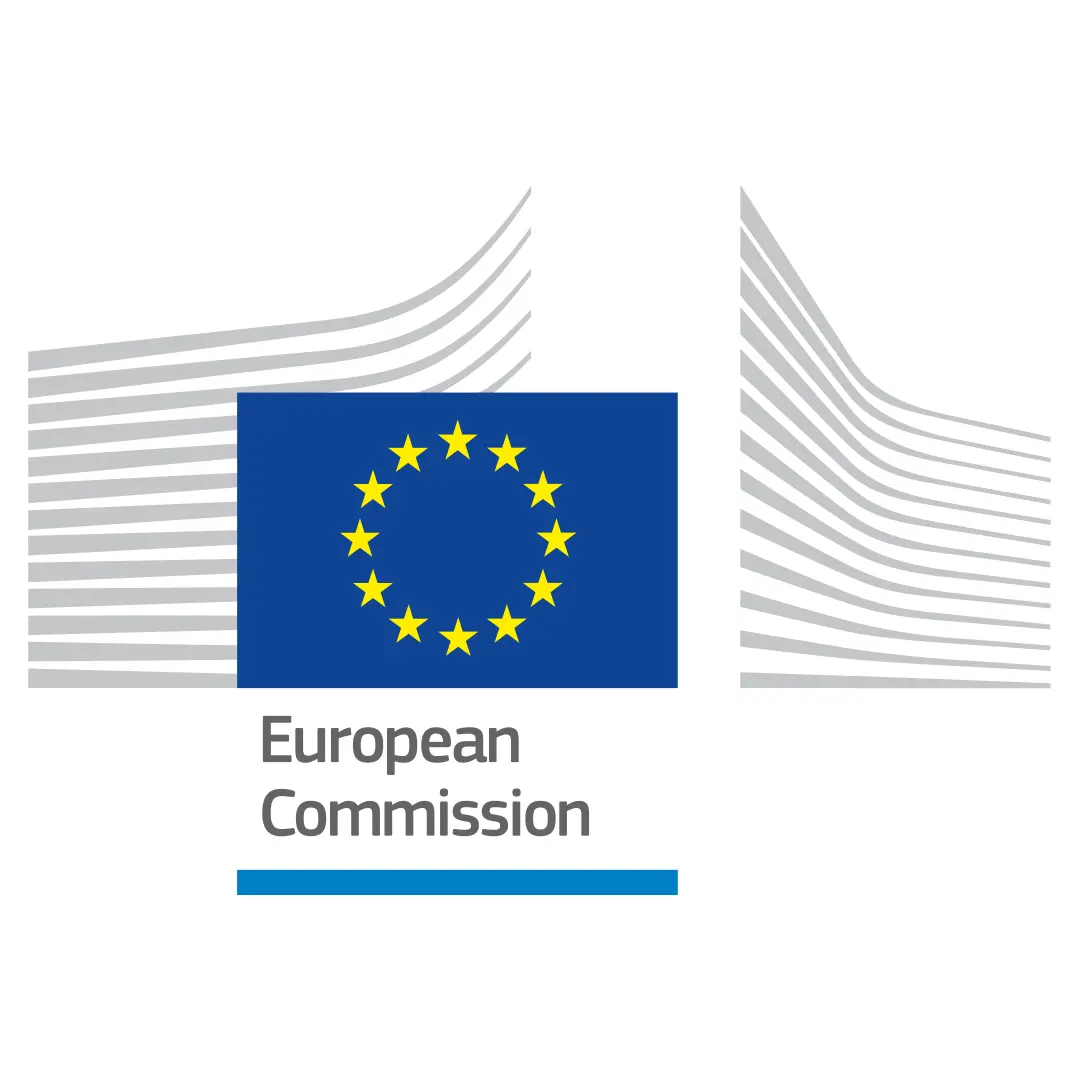The evolution of physiotherapy training in Europe
Physiotherapy education in Europe is undergoing significant transformation, driven by the growing recognition of the need for comprehensive and extended training. In France, this shift materialized with the 2015 reform, which extended physiotherapy studies to five years. This includes a mandatory first year in a university program (PASS, LAS, STAPS) followed by four years in a Physiotherapy Training Institute (IFMK). This reform led to the attainment of a master’s degree level (300 ECTS), aligning French education with European standards set by the Bologna Agreement.
University integration: a key process for the profession
The integration of physiotherapy education into universities is a crucial step for the recognition and advancement of the profession. This transition is progressing gradually, adapting to local educational, institutional, and organizational specificities. As a leading training institute, CEERRF is fully committed to this transformation. Partnering with major universities in the Île-de-France region, CEERRF works closely with the University of Versailles Saint-Quentin-en-Yvelines (UVSQ) and actively contributes to the development of the LAS 2 R program. Recently recognized by the Regional Health Agency (ARS) and validated through the Parcoursup admission system, this initiative represents a significant step forward in reinforcing university-based physiotherapy education.
The European trend and the Belgian example
This dynamic extends beyond France. Belgium, for example, has recently strengthened its physiotherapy curriculum by consolidating its university-based training, ensuring a more in-depth education aligned with professional needs. This evolution perfectly illustrates the broader European effort to harmonize physiotherapy studies in accordance with the principles of the European Higher Education Area (EHEA).
Erasmus and mobility: expanding opportunities for students
International exposure is another key driver in physiotherapy education. Holding the Erasmus Charter since 2023, CEERRF actively promotes student mobility, both for internships and academic exchanges. These experiences allow students to engage with diverse professional practices, enhance their adaptability, and expand their skills within a multicultural framework.
Towards greater professional autonomy
Ongoing developments—including university integration, European harmonization, and internationalization—are enhancing professional recognition and strengthening the expertise of physiotherapists. Physiotherapy education is becoming more specialized, structured, and adapted to current challenges, particularly in research and innovation related to rehabilitation and functional recovery.
Insights from Arnaud Cerioli, director of CEERRF
“The recognition in France of the necessity for extended physiotherapy training emerged in 2015 with the education reform and the integration of university-level education. This process is designed to be organic, pedagogical, or functional, depending on local institutional decisions, allowing for agile management of its implementation.
The 2021 recognition of the master’s degree further reinforces this transition, and the European trend is moving in the right direction, as demonstrated by Belgium. More recently, the introduction of ‘direct access’ to physiotherapists has supported this recognition, alongside ongoing work on ‘advanced practice physiotherapy.’ Triage competencies, as well as responsibilities related to task delegation in medical care, are evolving to benefit both patients and the autonomy of the profession.
May this dynamic continue to grow!”
CEERRF welcomes these advancements and actively supports this positive momentum, contributing to the evolution of physiotherapy into an increasingly rigorous and internationally recognized discipline.



